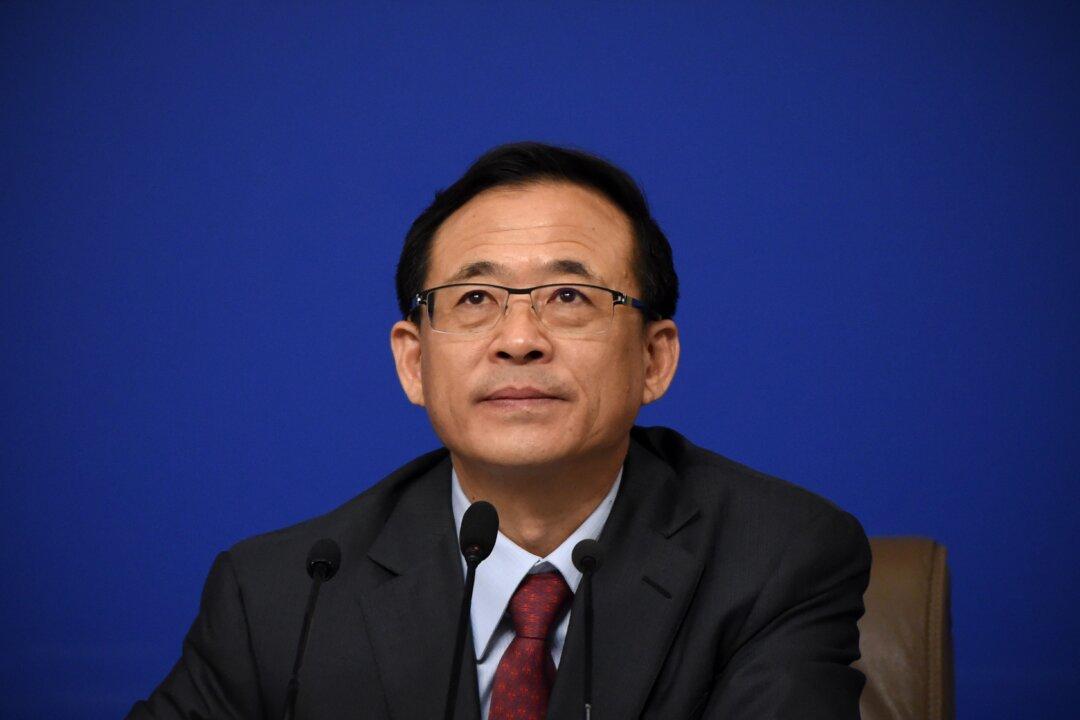Liu Shiyu, former head of the regulatory agency China Securities Regulatory Commission (CSRC), has surrendered himself to anti-corruption investigators on suspicion of violating the Chinese Communist Party’s (CCP) discipline and Chinese laws, according to an official statement.
The Party rarely makes such announcements of officials cooperating with investigators. Liu’s case thus has attracted much speculation about what he could reveal to the authorities, including possibly exposing more corruption.





